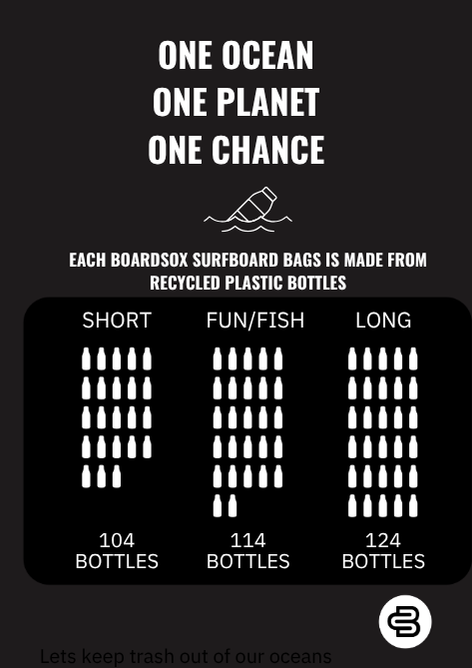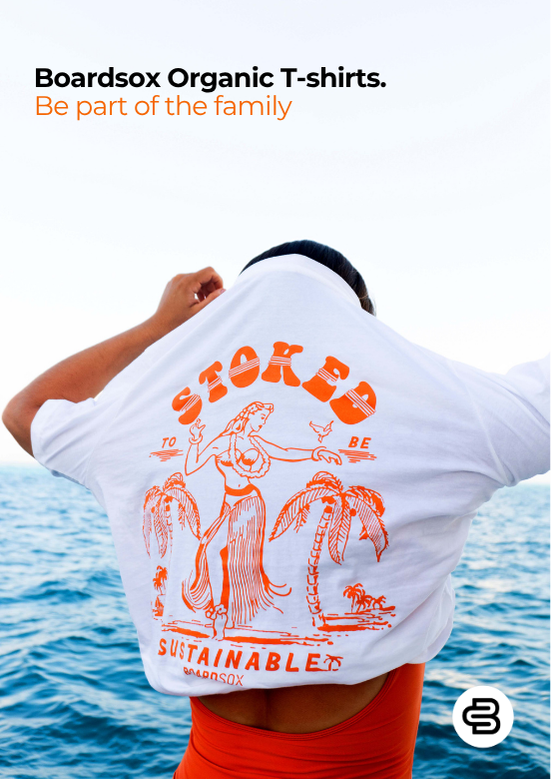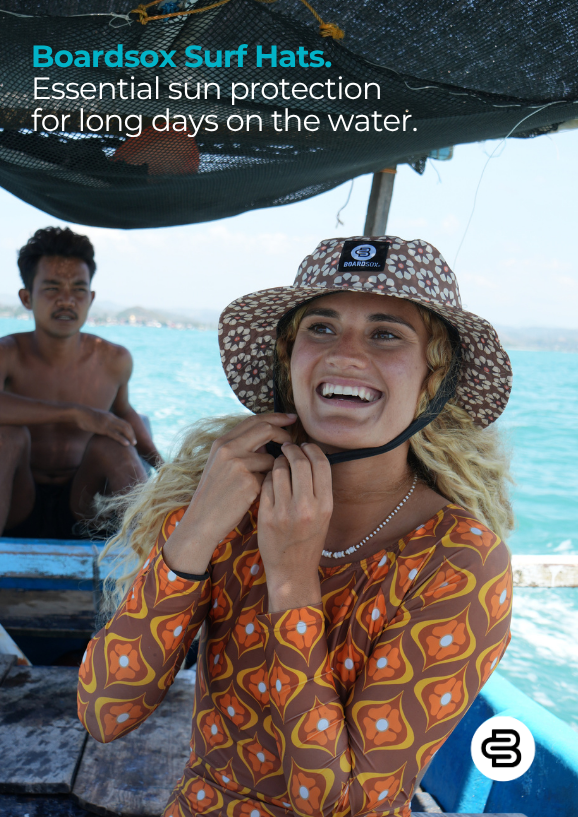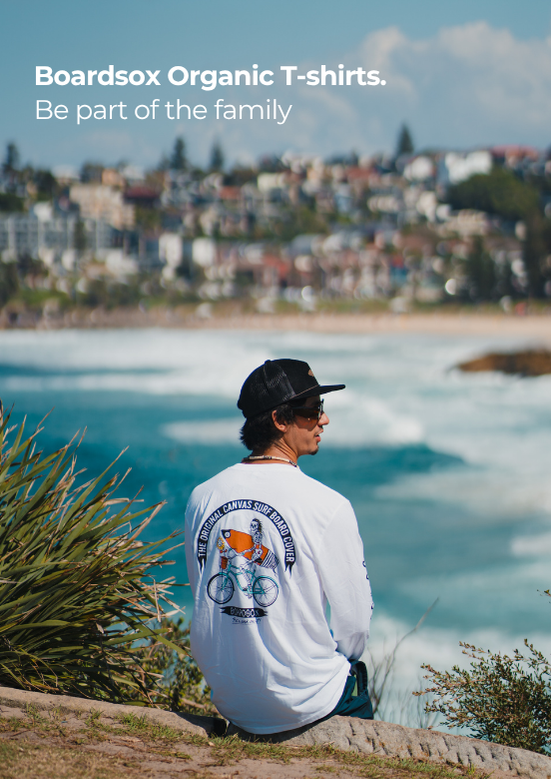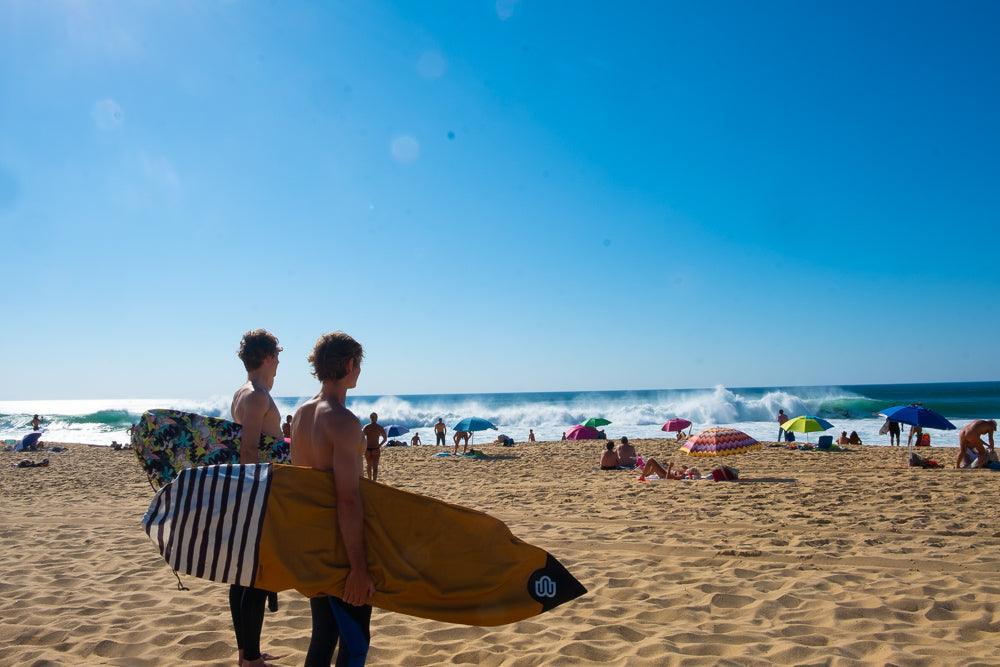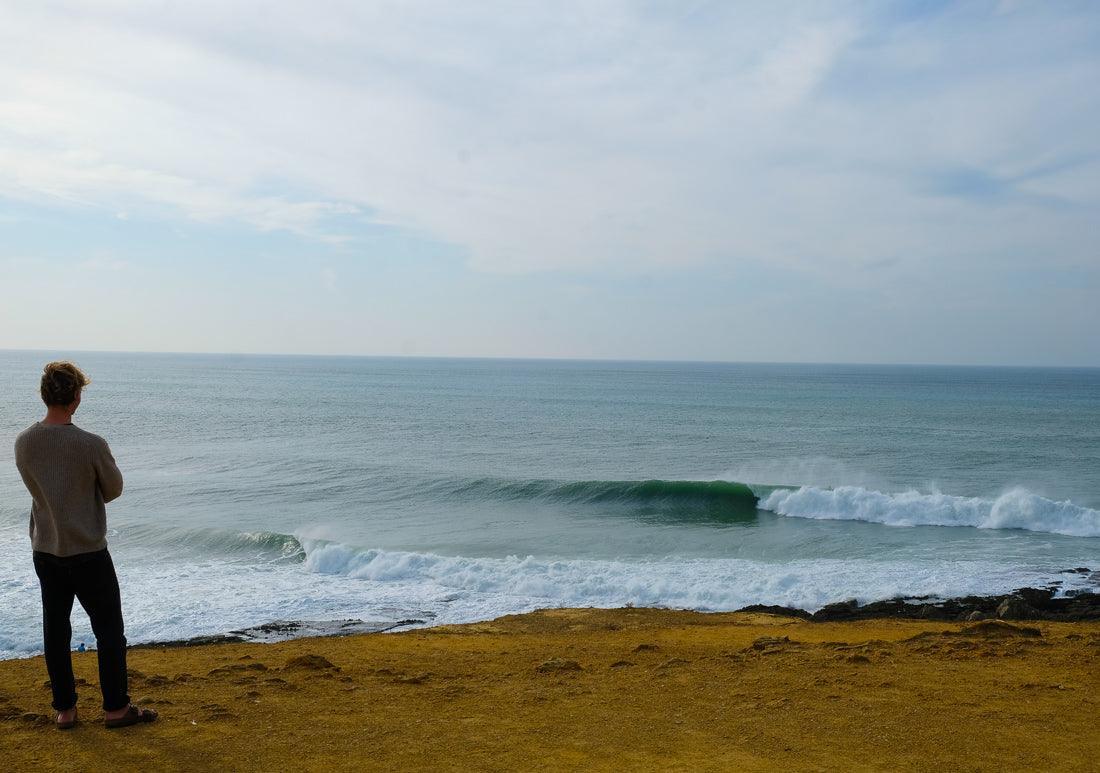Japan leaves the IWC - What does this mean for the whales?
Japan has decided to withdraw from the International Whaling Commission (IWC) and continue their commercial whaling within Japanese waters.
Commercial whaling is the hunting of whale stocks for the purpose of harvesting and utlising the animal’s products, usually meat and blubber. It was outlawed by the IWC in 1986 under the ‘Commercial Whaling Moratorium’.
The moratorium does however, permit whaling in international waters for scientific purposes, and Japan has been using this exemption as a loophole to continue their commercial whaling activity under this guise throughout their IWC membership. They usually only sell a small fraction, if any, of the body parts of harvested whales to researchers, and instead sell the vast majority for human consumption.
Japan have spent a lot of time and money trying to lift the ban on commercial whaling within the IWC, claiming that whale populations have bounced back, and therefore commercial whaling should be allowed again. However their proposals have always been met with rejection by the body. They have also threatened many a time to leave the IWC, but until now have never actually followed through.
It’s interesting to note that whilst many media sources are up in arms about Japan’s withdrawal from the IWC, claiming that this means they will “resume” whaling after 30 years, this is not in fact entirely accurate. Japan were always commercial whaling throughout their IWC membership, but masking it under the false guise of “scientific research”. By leaving the IWC, Japan can no longer participate in whaling in international waters under this exemption. Therefore, their commercial whaling operations do not ‘resume’ now that they have left the IWC, but more correctly ‘continue’ without disguise.
This decision does result in some positives.
Firstly, and perhaps most importantly, Japan will no longer be able to carry out their whaling operations in the Southern Ocean. This has been an area of great conservation concern for whales, with the Southern Ocean Whale Sanctuary created by the IWC in 1994, and organisations like Sea Shepherd sending fleets to physically prevent Japan from whaling in the area.
The Southern Ocean is home to an enormously rich marine ecosystem, of which whales play a vital role in maintaining ecological balance. The ocean around Antarctica is a primary feeding ground for many whale species such as humpbacks (Megaptera novaeangliae), minke (Balaenoptera bonaerensis), and fin (Balaenoptera physalus) whales in the summer months, due to the area’s high abundance of krill in the surface waters. Pregnant females feed on enormous amounts of krill to put on weight to prepare for giving birth and nursing their calves in the tropics during winter. Mothers also take their young calves here to feed. In their most recent hunt (2017-18 summer), Japan killed 333 minke whales. Of the whales killed, 53 were still juveniles, and 122 of the females were pregnant. Now that Japan have left the IWC, they are to be limited to whaling only off their own coast, as they no longer fall under the ‘scientific research’ exemption. This is enormously positive for whale populations in the Southern Ocean. It means that these whales can finally live out their lives without risk of being harpooned for their body parts.
We may also finally see the creation of a ‘South Atlantic Whale Sanctuary’. Japan’s withdrawal from the commission will likely make passing a movement for a sanctuary in the southern antarctic area far simpler. According to Sea Shepherd’s Captain Paul Watson, this will effectively mean that “whaling has ended in the southern hemisphere”.
It also means that conversation around Japanese whaling operations may be simplified, as they are no longer pretending to be carrying out research when we all know they’re not. As such, targeting the behaviours and sentiments around consuming whales for meat and using their blubber for products like cosmetics and perfumes becomes a far simpler feat.
Despite reprieve for the Southern Ocean, there are some negative implications too.
The Japanese are now able to openly whale for commercial reasons without consequence, off their own coast. This could have serious implications for whale populations in Japanese waters, as whaling fleets in these waters are likely to drastically increase to meet the quotas that they can no longer fill from whaling the Southern Ocean.
Japan now joins Norway, Iceland and Denmark as the only whaling countries in the world. However, pressure to cease these brutal and unneccessary operations is at an all time high. We must help inspire change in attitudes toward these intellectual, socially-aware animals, and support organisations like Sea Shepherd who are leading the movement to bring commercial whaling to a complete end.
At Boardsox we are proud to donate 10% of our profits to Sea Shepherd, as well as two other marine conservation based organisations (Action for Dolphins and Surfrider Foundation). We are also excited to be teaming up with Sea Shepherd for a special edition partnership in the New Year. We hope that by doing so, we are helping to support a global movement to protect our precious marine life, including whales, and to promote the importance of responsible business and marine conservation.
Words by Bella Voulgaris
Additonal reads:
- Sea Shepherd Statement - https://www.google.com.au/amp/s/seashepherd.org/2018/12/21/japan-may-quit-the-iwc-and-to-return-to-commercial-whaling/amp/
- IWC total whaling catches under the Commercial Whaling Moratorium - https://iwc.int/total-catches
- Institute of Cetacean Research (ICR) FAQ page: Japan’s supposed whale research organisation which carries out their scientific whaling. Good for a laugh. https://www.icrwhale.org/eng/FAQResearch.pdf
Photo Credit: www.carolinaacastro.com via Sea Shepherd


